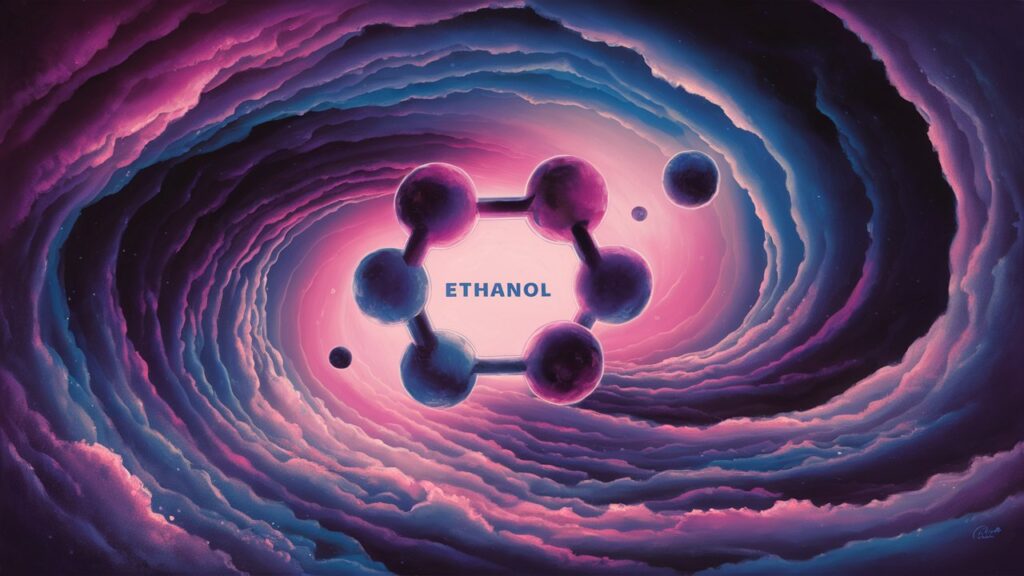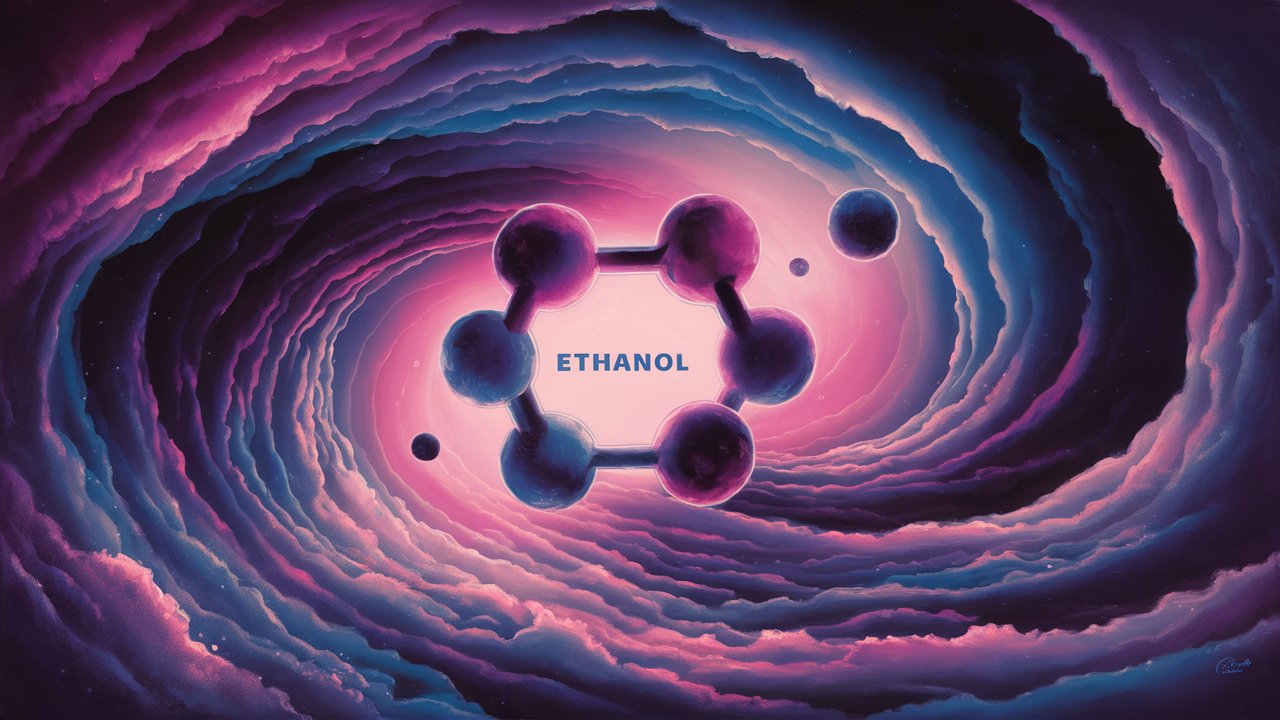
Introduction
Ethanol, a simple alcohol with the molecular formula C2H5OH, is more than just a crucial constituent in alcoholic beverages. Its importance covers several areas, including gasoline, medicine, and manufacturing. Let’s dive into some fun facts about ethanol and examine its diverse significance in our lives.
The Basics of Ethanol
Chemical Composition
Ethanol, commonly known as ethyl alcohol, is a volatile, flammable, and colorless liquid. Its chemical structure consists of two carbon atoms, six hydrogen atoms, and one oxygen atom (C2H5OH). This basic combination gives ethanol its special features.
How Ethanol is Made
Ethanol can be created through two basic processes: fermentation and chemical synthesis. Fermentation includes the breakdown of carbohydrates by yeast, while chemical synthesis often uses the hydration of ethylene.
Historical Background
Early Uses of Ethanol
Ethanol has been utilized by humans for thousands of years. Ancient cultures exploited fermentation to manufacture alcoholic beverages. Historical records suggest that ethanol was employed in religious rites, as a therapeutic cure, and for its hallucinogenic properties.
Evolution Over Time
Over the ages, ethanol’s applications have evolved substantially. From being a component in early medicine to being a significant fuel source in the modern world, ethanol’s journey is very fascinating.
Ethanol in Everyday Life
Ethanol in Alcoholic Beverages
One of the most well-known uses of ethanol is in the creation of alcoholic drinks including beer, wine, and spirits. The fermentation process transforms carbohydrates into ethanol, giving these beverages their alcohol content.
Ethanol as a Fuel
Ethanol is also commonly used as a biofuel. Blended with gasoline, it minimizes greenhouse gas emissions and provides a renewable energy source. Countries like Brazil and the United States are leading producers of ethanol fuel.
Environmental Impact
Ethanol and Air Quality
Ethanol burns cleaner than gasoline, releasing less pollutants. This helps enhance air quality and lessen health hazards linked with air pollution.
Renewable Nature of Ethanol
As a renewable resource, ethanol can be manufactured from numerous plant sources, including corn, sugarcane, and cellulose. This makes it a sustainable alternative to fossil fuels.
Ethanol in the Medical Field
Antiseptic Uses
Ethanol is a potent antiseptic, often used in hand sanitizers, disinfectants, and medical wipes. Its capacity to eliminate bacteria and viruses makes it essential in hospital settings.
Medical Research
Researchers utilize ethanol in laboratory settings for many purposes, including as a solvent and a reagent. Its role in medical research is invaluable, contributing to scientific developments.
Ethanol Production Worldwide
Top Ethanol Producing Countries
The United States and Brazil are the largest producers of ethanol, accounting for a significant share of global production. These countries have found efficient ways for turning biomass into ethanol.
Ethanol Production Processes
Ethanol can be manufactured by numerous ways, including as dry milling and wet milling. Advances in technology continue to increase the efficiency and sustainability of these processes.
The Science Behind Ethanol
How Ethanol Affects the Human Body
Ethanol serves as a central nervous system depressant. In tiny levels, it can induce a sensation of euphoria, but in greater quantities, it affects motor abilities and cognitive function.
Ethanol and Combustion Engines
Ethanol can be used in internal combustion engines, either on its own or combined with gasoline. It enhances the octane level of fuel, enhancing engine performance and lowering emissions.
Economic Impact
Ethanol and the Global Economy
Ethanol production contributes considerably to the world economy. It produces jobs, promotes agriculture, and decreases dependence on foreign oil, supporting economic growth.
Job Creation Through Ethanol Production
The ethanol business provides employment opportunities in agriculture, manufacturing, and research. It promotes rural economies and drives innovation in renewable energy.
Interesting Facts About Ethanol
Unique Properties of Ethanol
Ethanol has various unique features. It’s less dense than water, has a lower boiling point, and is an excellent solvent. These qualities make it adaptable and valuable in numerous applications.
Fun Historical Facts
Did you know that ethanol was utilized as a lamp fuel in the 1800s? It was also a significant element in early thermometers and was utilized in the manufacturing of perfumes and cosmetics.
Myths & Misconceptions
Common Myths About Ethanol
One prevalent fallacy is that ethanol production uses more energy than it yields. However, developments in technology have made ethanol production more efficient, resulting in a positive energy balance.
Debunking Ethanol Myths
Another misunderstanding is that ethanol is damaging to car engines. Modern engines are engineered to handle ethanol-blended gasoline, and ethanol actually helps decrease engine knock and enhance performance.
Future of Ethanol
Innovations in Ethanol Production
Researchers are exploring new ways to manufacture ethanol more sustainably. Advances in genetic engineering and biotechnology are paving the path for more efficient and eco-friendly production methods.
Ethanol’s Role in Sustainable Energy
As the globe attempts to decrease its carbon footprint, ethanol will play a significant part in the transition to renewable energy. Its potential to replace fossil fuels makes it a major actor in the fight against climate change.
Conclusion
Ethanol is a unique substance with a rich past and a potential future. From its use in alcoholic beverages to its position as a renewable fuel, ethanol continues to touch our lives in countless ways. Understanding its features, benefits, and possibilities can help us recognize its significance and utilize its power for a sustainable future.




